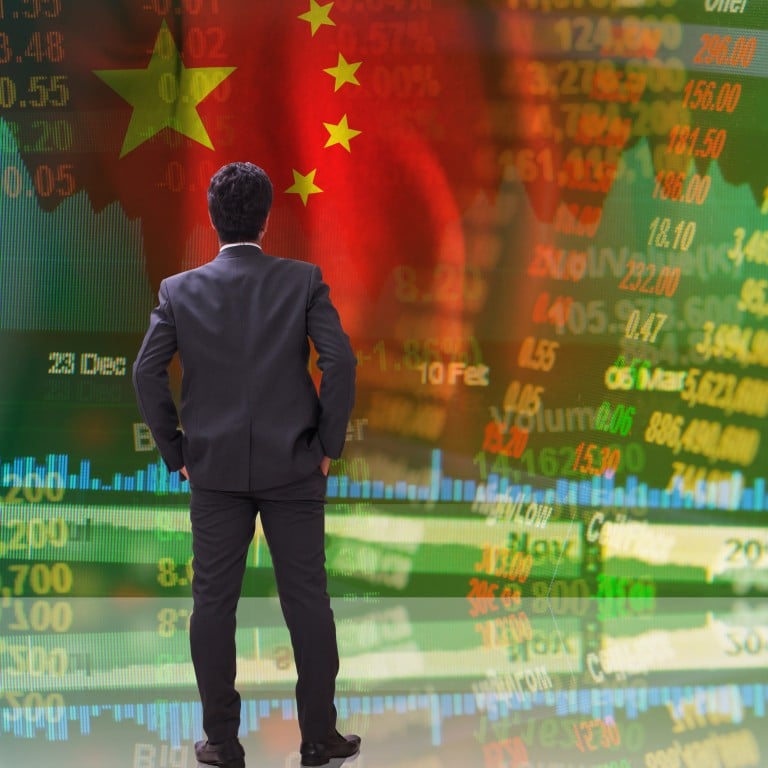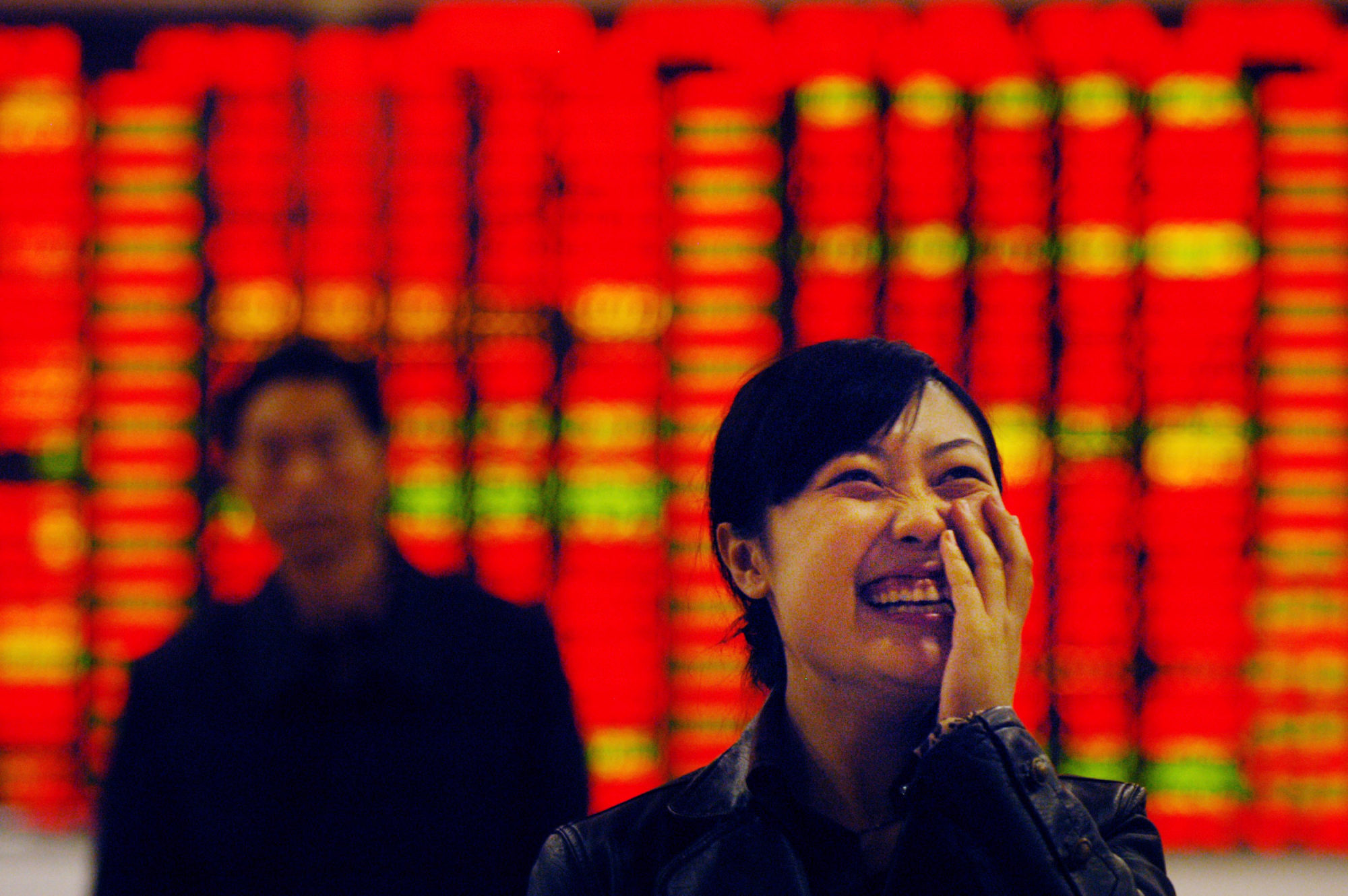
China halves stamp duty on securities transactions, lowers margin requirement for buying stocks to boost investor confidence
- The Ministry of Finance and the State Taxation Administration said the reduction in stamp duty will take effect from Monday
- To further boost investor confidence, China’s securities regulator has moved to lower margin requirements for buying stocks to 80 per cent
The Ministry of Finance and the State Taxation Administration announced on Sunday that the 0.1 per cent rate for the stamp duty on securities transactions “will be halved” from August 28 “to invigorate the capital market and boost investor confidence”.
On the same day, the China Securities Regulatory Commission (CSRC) unveiled separate stimulus measures that included lowering margin requirements for investors to buy securities to 80 per cent from 100 per cent, which would take effect after the market close on September 8.

Still, other market analysts expect the stamp duty reduction to have an immediate positive impact.
The stamp duty cut will help the A share markets open 2 to 3 per cent higher on Monday, said Kenny Tang Sing-hing, chairman of the Hong Kong Institute of Financial Analysts and Professional Commentators.
It could also provide from 120 billion yuan to 130 billion yuan (US$16.6 billion to US$18 billion) in profits annually to the mainland’s stock markets, according to Jiang Yifan, an investment consultant at Guotai Junan Securities, in his Weibo post on Sunday.
The new initiatives reinforce the pledge made by China’s top policymakers in July to bolster the country’s capital markets and lift investor confidence.
Hong Kong stocks extend rebound from 9-month low on earnings, stimulus bets
A slumping stock market could further cloud the outlook for the world’s second-largest economy, which is struggling with an uneven post-pandemic recovery, deflationary pressure, record high youth unemployment and a weakening property market.
When the levy was last cut from 0.3 per cent to 0.1 per cent on April 24, 2008 to boost investor confidence during the global financial crisis, the CSI 300 Index posted a single day gain of 9.3 per cent. The gauge also surged by the same margin on September 19 that year, when the government scrapped the tax on buying stocks.
CSRC vows to boost ‘vitality, efficiency and appeal’ of stock market
“Now that the mainland has done this, I hope that Hong Kong can take a braver and more progressive approach towards cutting the stamp duty for the city’s stock market,” said Robert Lee Wai-wang, a lawmaker for Hong Kong’s financial services sector and chief executive of local brokerage Grand Capital Holdings.
Lee said it was the industry’s hope that the Hong Kong government would have an open attitude towards the opportunities that such a measure could provide to the city. “Cutting the stamp duty [for the stock market] is a consensus among the industry, and the global trend is for transaction costs to decline going forward,” he added.
The separate measures announced by the CSRC on Sunday included taking further steps to regulate stake reductions made by principal shareholders as well as directors and senior executives of listed firms.
That would help “refine the relevant liability clauses and intensify the crackdown on illegal shareholding reduction”, the CSRC said on its website.
China’s domestic investors warn of bigger sell-off unless stimulus rolled out
In a separate announcement on Sunday, the regulator said it would also “tighten the pace of IPOs in stages” to “promote the dynamic balance” between investment and financing.
Overseas investors have sold 77.9 billion yuan (US$10.7 billion) worth of stocks in the world’s second-largest equity market in 13 consecutive trading sessions through Wednesday via the northbound channel of the cross-border exchange link programme with Hong Kong, according to Bloomberg data. This selling streak marked the longest such action since data compilation began in December 2016.
Additional reporting by Zhang Shidong

